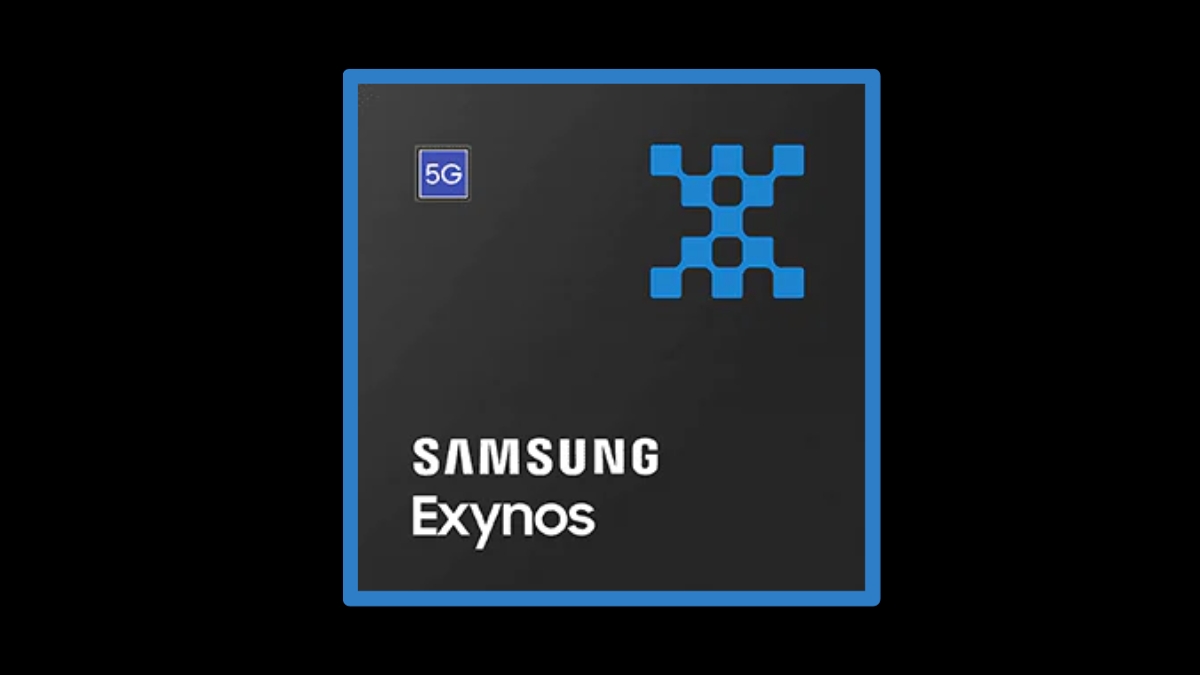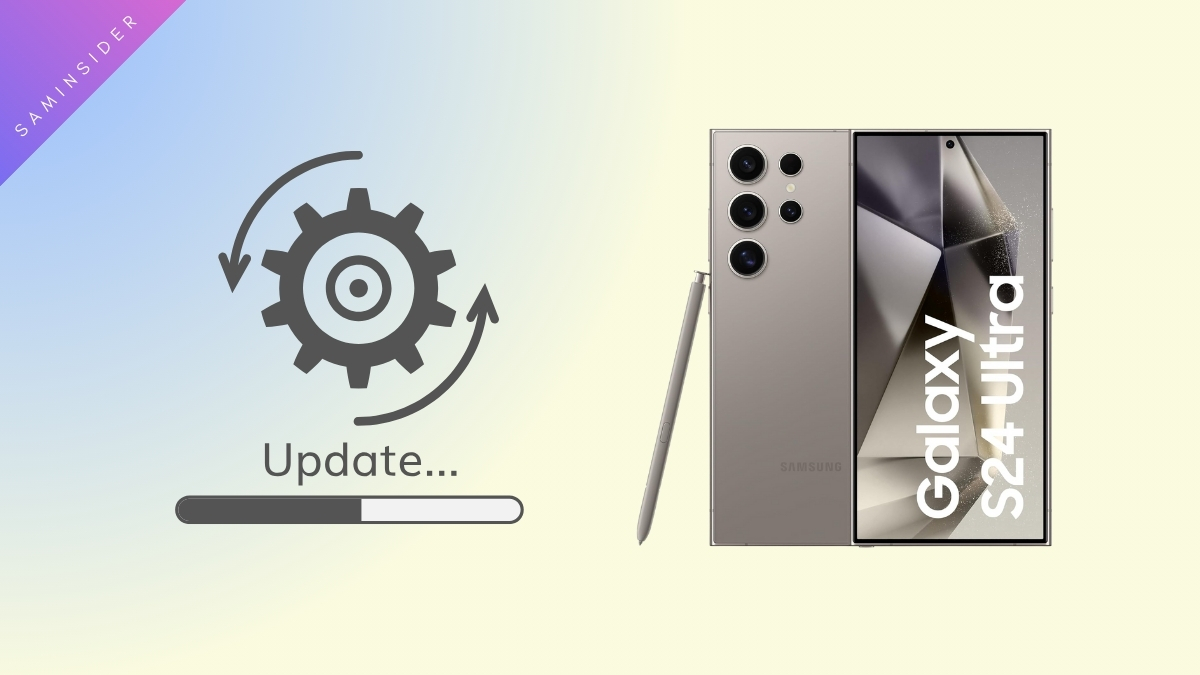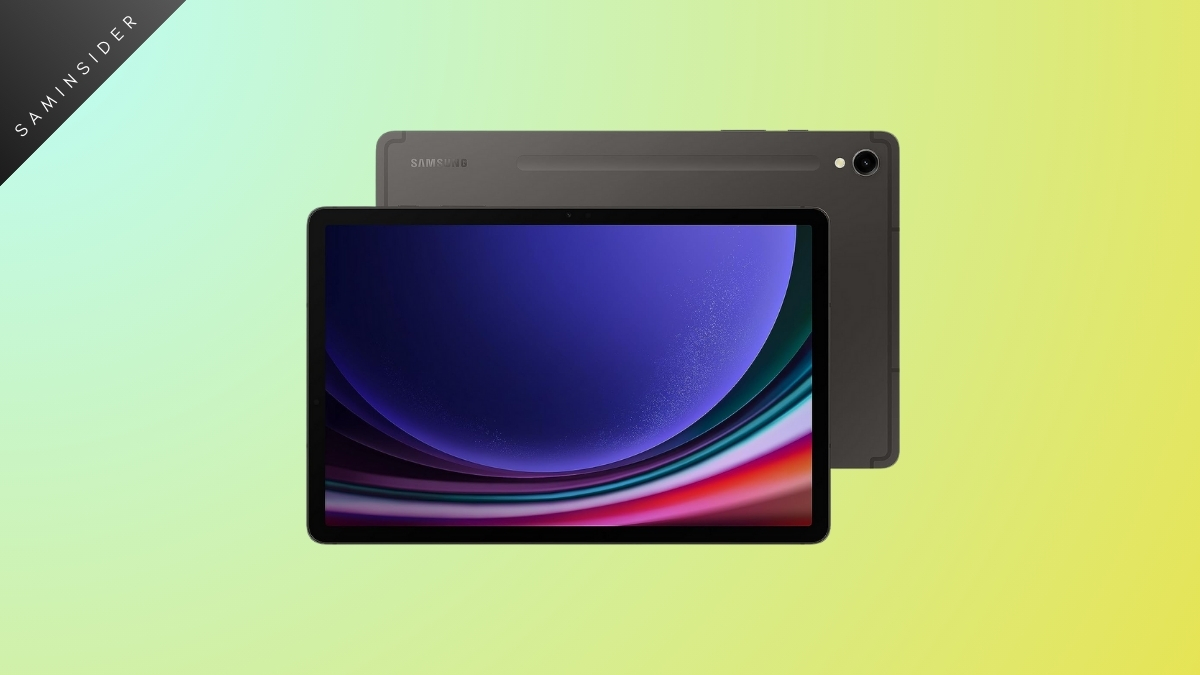The Galaxy S25 lineup will ship with the Exynos 2500 SOC in some regions. Samsung’s in-house foundry has been picking up pace recently. The 3nm GAA processing has a lot of investors on board, and the yield rate is apparently decent.
On the other hand, TSMC’s yield rate is only about 55% with the 3nm N3B node. We don’t know whether the new N3E node, which will be on more chips next year, has a better yield rate. However, Samsung’s 4nm 4LPP+ node apparently matches TSMC’s 4nm yield rate. That’s a reason to stay optimistic about future Exynos chipsets.
It’s important to note that a better yield rate doesn’t mean that transistor density and thermal issues are also fixed. The Galaxy S24 and S24 Plus models will ship with the Exynos 2400 in some regions. It has significant leaps in AI performance. Samsung might market the S24 as an AI phone since the chip is very promising in this field. It brings improvements to text-to-image conversion and also adds Generative AI.
Qualcomm also announced a major AI breakthrough for the flagship Snapdragon 8 Gen 3 chip, so these two are currently neck and neck. The XClipse 940 is allegedly decent too. The Exynos 2400 has a 10-core CPU cluster, and it uses Samsung’s 4LPP+ node.
Samsung’s next step is to manufacture chips with 3nm processing. The next Exynos 2500 will ship with 3nm GAA, which could match or beat TSMC’s processing. Since Samsung’s profit margins are on a decline, they have to achieve a breakthrough to gain more relevance and trust.
TSMC is improving the yield rate of 3nm chips steadily as well, but an improved 3nm GAA might beat it if Samsung perfects the formula. The Snapdragon 8 Gen 4 might use Samsung’s 3nm GAA fabrication if the node performs well, and they might use a mix of TSMC and Samsung chips if the yield rate is good for both.
At an expo in 2023, the CTO revealed (via Chosun) that Samsung is already working on 2nm and 1.4nm chips. We can expect these chips before 2030 since chips with such transistors are very hard to manufacture without running into problems with Quantum Tunnelling. This could cause severe overheating issues, and the performance gains will be negligible if it’s not done right. 1.4nm and 2nm chips are significant breakthroughs since you can fit a lot more transistors onto a node.












